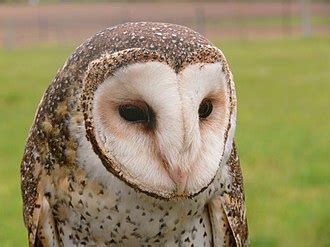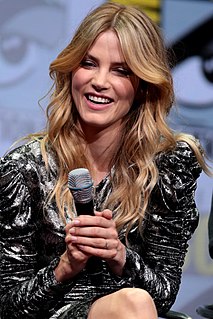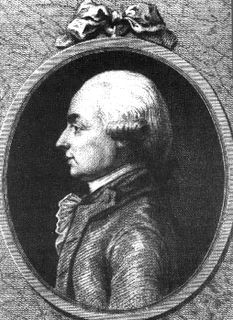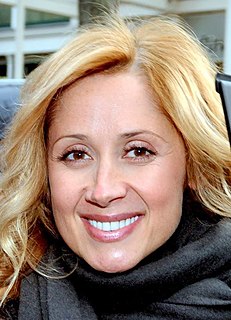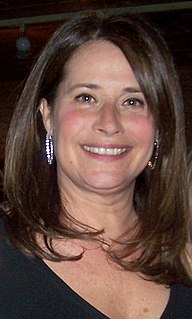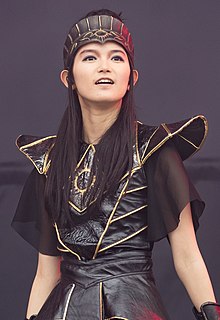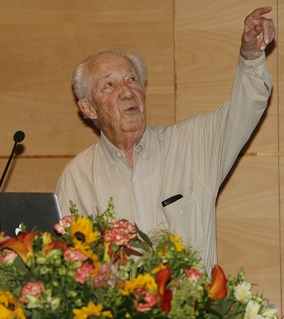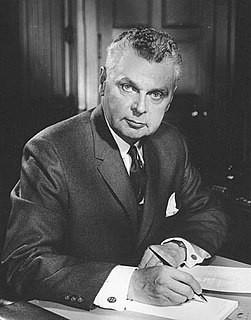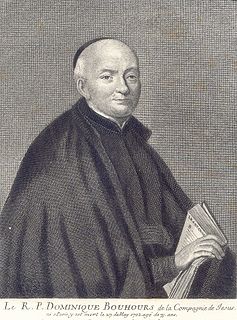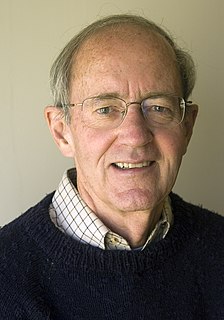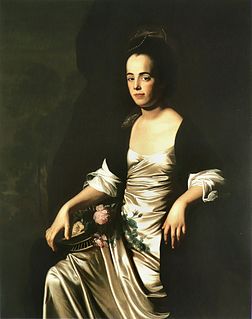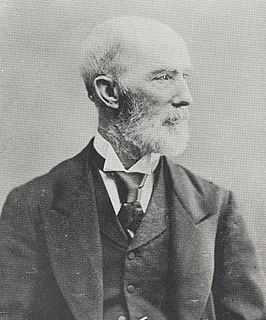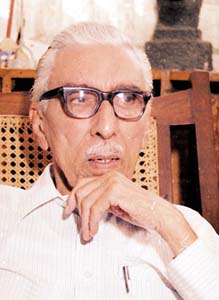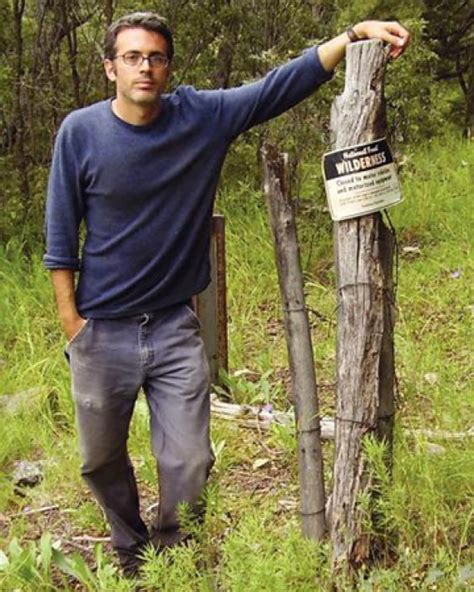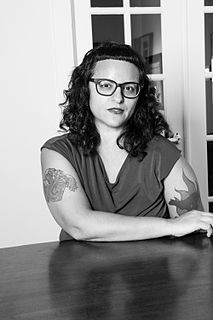A Quote by Mark Riebling
Consider the death of Princess Diana. This accident involved an English citizen, with an Egyptian boyfriend, crashed in a French tunnel, driving a German car with a Dutch engine, driven by a Belgian, who was drunk on Scotch whiskey, followed closely by Italian paparazzi, on Japanese motorcycles, and finally treated with Brazilian medicines by an American doctor. In this case, even leaving aside the fame of the victims, a mere neighborhood canvass would hardly have completed the forensic picture, as it might have a generation before.
Quote Topics
Accident
American
Aside
Before
Boyfriend
Brazilian
Car
Case
Citizen
Closely
Completed
Consider
Death
Diana
Doctor
Driven
Driving
Drunk
Dutch
Egyptian
Engine
English
Even
Fame
Finally
Followed
Forensic
French
Generation
German
Hardly
Involved
Italian
Japanese
Leaving
Medicines
Mere
Might
Neighborhood
Paparazzi
Picture
Princess
Scotch
Scotch Whiskey
Treated
Tunnel
Victims
Whiskey
Would
Related Quotes
I was born into a Turkish family that had acquired Italian citizenship. Many members of the family subsequently became British, French, Brazilian, and German, so there was a bit of everything. It was not uncommon for people in the family to speak seven languages: English, French, Ladino, Italian, Turkish, Arabic, and even Greek.
Being hapa, or more specifically, half-Japanese half-Euro mutt (English, Irish, Scottish, Dutch, French, Welsh, German. . .in case you were wondering), has definitely helped shape who I am. It's very cool to get to identify and learn about all these unique cultures and I think it's helped put the world in perspective.
I recently wrote a piece on comics in architecture - I was talking about the three kinds of comics I pay attention to: the Franco-Belgian, the Japanese manga, and the American comics. I started thinking about the relationship between Japanese manga and Japanese architecture, or Franco-Belgian bande dessinée versus Franco-Belgian architecture, it began to make sense; there are parallels to the modes of operations and the cultures they belong to. If I didn't force myself to write, I would have no forum to clarify these thoughts. Writing is really helpful.
There's no light at the end of the tunnel, there isn't even a tunnel. The best thing I can do is get drunk and listen to classical music. Or sleep and wait for death to get closer. Leaving this will not be a horrible thing. Yet I'm glad, somehow, that I threw my words in the air: confetti, celebrating nothing.
I am the first prime minister of this country of neither English nor French origin. So I determined to bring about a Canadian citizenship that knew no hyphenated consideration....I'm very happy to be able to say that in the House of Commons today in my party we have members of Italian, Dutch, German, Scandinavian, Chinese and Ukrainian origin and they are all Canadians.
Must love be ever treated with profaneness as a mere illusion? or with coarseness as a mere impulse? or with fear as a mere disease? or with shame as a mere weakness? or with levity as a mere accident? whereas it is a great mystery and a great necessity, lying at the foundation of human existence, morality, and happiness,--mysterious, universal, inevitable as death.
